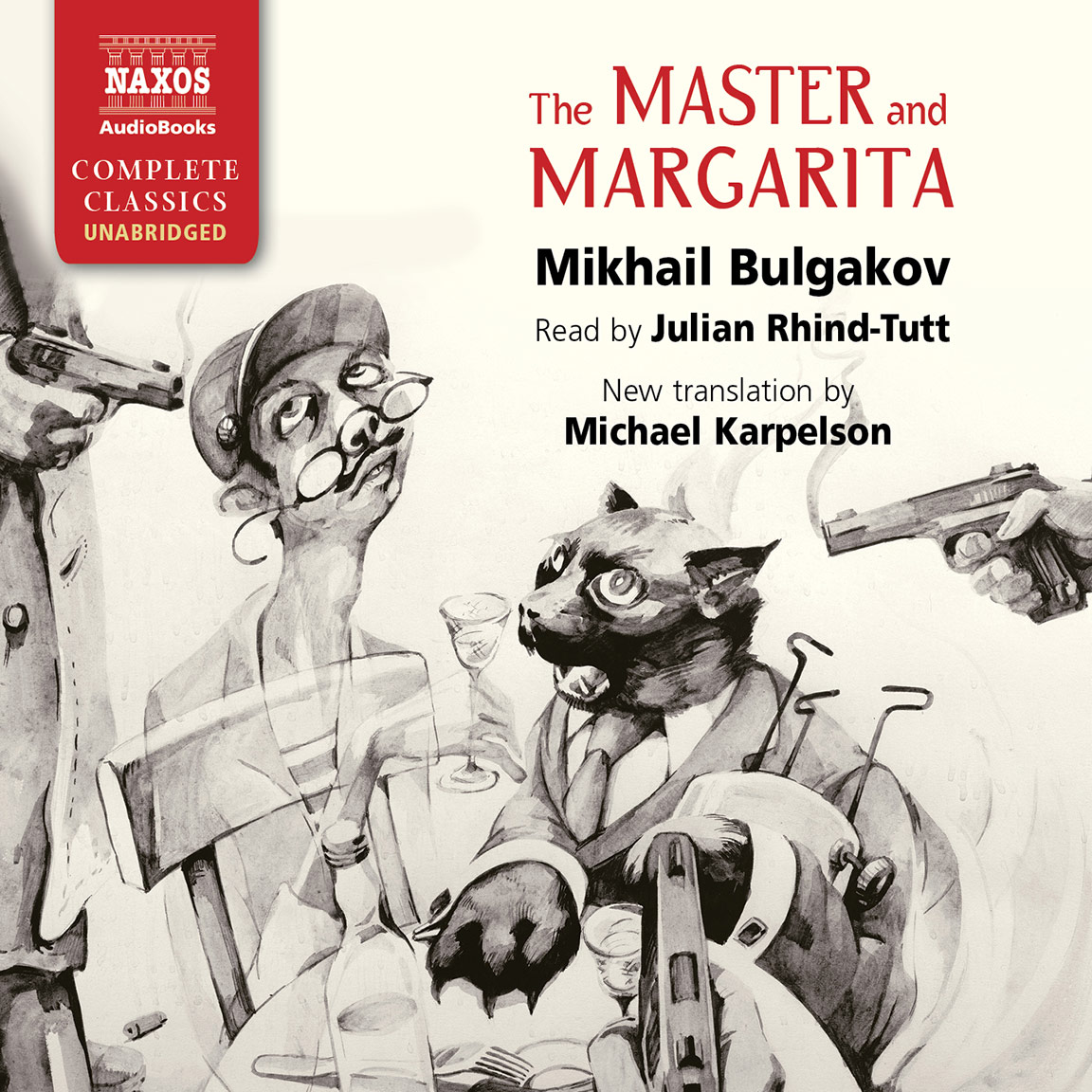
That “some reason” is the same one that had real people all over Moscow keeping their own suitcases close at hand: you never knew when they police might appear to take you on a sudden trip, far from home. Think of the character Aiosy, who is found delirious, in his underwear and carrying a suitcase “for some reason”. Even apparently random events can have chilling resonance. Much of The Master and Margarita would have felt all too familiar to contemporary Russians – if they had been able to read it. In other words, it’s just like Stalinist Russia. And writers are not free: “I couldn’t help feeling,” says the Master in a telling complaint, “that the people writing those articles were not saying what they really wanted to say and that this was the cause of their fury.” There’s a barely mentioned secret police force that terrifies everyone, endless societies known by nonsensical acronyms, and men living with lavish privileges despite their supposedly classless society. Many of them disappear suddenly, for reasons undiscoverable. People have no agency or control over their fate. Bulgakov has created a mad version of Moscow, a chaotic place controlled by a wielder of unaccountable, unpredictable power. It’s also notable that Woland is first described as a “transparent citizen” and a “phantasm” – while his strange crew of helpers are forever disappearing into the mist. So too does the dreamlike progression of the narrative with its sudden surprises, logical twists and permanently baffled subjects. This comedy in the early Moscow sections gives the book a light and airy feel. And at other times, the jokes fly by so fast they are easily missed - as when Varenukha picks up the telephone and casually begins to “lie” into the mouthpiece. “Devil take you? That, in fact, can be done!” the helper replies, whisking the chairman away and leaving his empty suit behind, still working as if nothing had happened. Sometimes the jokes are blunt: “What is all this? Get him out of here, devil take me!” cries the chairman of the Commission on Spectacles and Light Entertainment when he is visited by one of Woland’s helpers. One of the first things we are told about Berlioz is that he is “unaccustomed to unusual happenings”.

It feels carnivalesque rather than hellish. Woland’s victims are safely packed off to a warm asylum, or have their heads replaced for them, or find clothes eventually. In the early pages at least, there’s an absence of real malice or even – give or take the odd tram – danger. This question is interesting, not just because of the way Bulgakov leads us to wonder about Woland’s morality, but also because it highlights something else about the novel: its brightness and absurdity. There’s another facet to this feeling that Woland’s brand of devilry may not be all that bad – as Reading group contributor Deadgod highlighted last week when he asked: “When you read The Master and Margarita, do you get a sense that there’s something really evil in its world?” Observant readers may also recall that the novel opens with the following quotation from Goethe’s Faust: “Heads is tails,” as Mick Jagger sings in Sympathy for the Devil. In this world turned upside down, it starts to seem as if Woland might even be doing everyone a favour. It’s also significant that the victims of Woland’s tricks also tend to be absurd bureaucrats who abuse their power and those around them.
#Master and margarita free
A pattern emerges of people asking for the punishments they receive: the women who find themselves almost naked on the streets do so because they show such avidity for new, free dresses men who land in trouble for possessing foreign currency do so because they were so keen to make easy money. As we’re led through events again, we realise that Woland didn’t actually cause the death, even if he knew about it in advance. Other elements are puzzling me: Bezdomny’s account of Berlioz’s death is questioned when the poor man ends up in psychiatric hospital. Woland has a giant talking cat as an assistant, and carries out a stage trick in which a man’s head is removed and carries on talking, which is likely not the trick of a mere illusionist. Is there really a devil doing these things, or is it in the minds of spectators? Is it some kind of collective nervous breakdown? Is it all shade and mirrors?

For instance, there’s a fine set piece where he has Woland pose as a conjuror promising to reveal the secrets behind his tricks in a sellout theatre show – and so makes us question the nature of the novel’s already precarious reality.


Yet Bulgakov also skilfully allowed doubt to creep in. As more characters began to disappear, and confusion and terror spread throughout Moscow, I thought that I was seeing confirmation of Woland’s ill intentions.


 0 kommentar(er)
0 kommentar(er)
